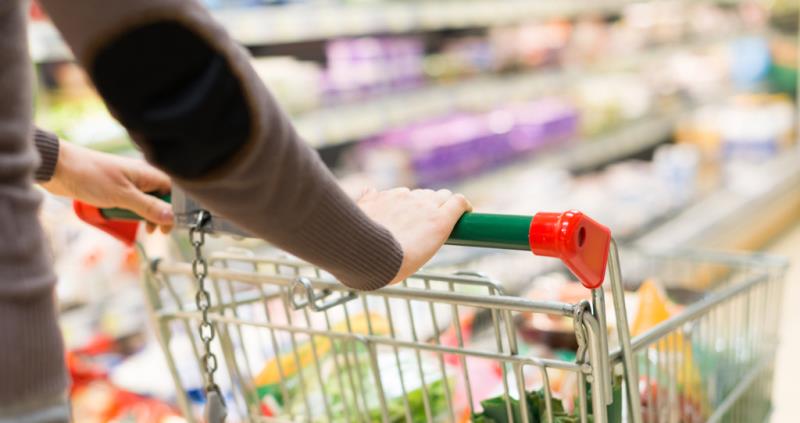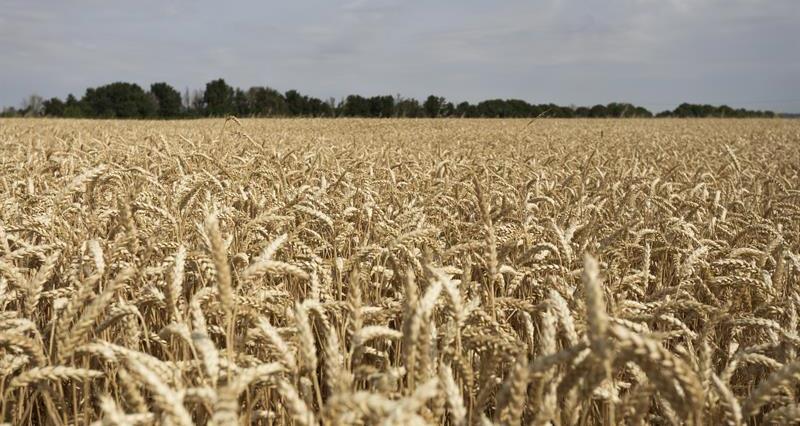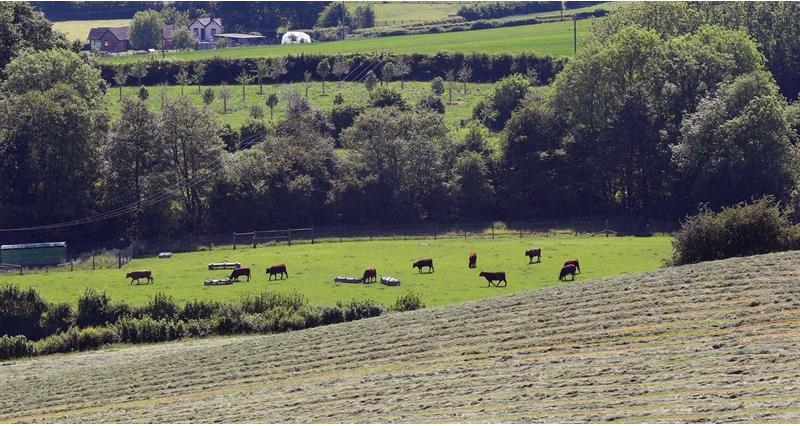As high rates of inflation impact the UK economy, we've been escalating our concerns with key stakeholders in the supply chain and highlighting the key challenges UK farmers and growers are facing.
We've been discussing how the agriculture and horticulture sectors are facing unprecedented levels of inflation on input costs and how farmers are having to make difficult business decisions.
Meetings with retailers
In the past few weeks, we've met the chief executives from the major UK grocery retailers and discounters.
During these meetings, we've stressed that farmers are facing increasing inflationary pressure in nearly all aspects of their business, including:
- fuel
- packaging
- transport
- labour
- energy costs.
With prices for fertiliser breaking records at around £900/t, an increase of 218% compared to last year, we've explained how these compounding factors are causing farmers to re-evaluate their business and make some difficult decisions.
During our conversations with retailers, we've highlighted the effect these levels of input inflation will have on businesses across all sectors in terms of:
“This time last year it cost me about £6,000. If I bought it now, I would be looking at £19,000 to £20,000.”
— NFU Press Team (@NFUPress) April 14, 2022
Our @CropsBoard chair Matt Culley speaks to the @Telegraph about rising fertiliser costs for farmers. 👇 pic.twitter.com/6CGVWll9au
- production capacity
- managing risk
- working capital requirements.
As primary producers, farmers and growers are price takers. This means they're exposed and vulnerable to the challenges of rising inflation in times of economic pressure.
We've made it clear in our communication that the supply chain must work together and identify ways in which it can manage risk and tackle these challenges as a whole industry.
So far, the conversations we've had with retailers have been positive. They've shown an appreciation and understanding of the challenges farmers and growers are facing. We'll continue to represent our members in our regular conversations with retailers to escalate the inflationary pressures everyone is facing.
Consumer behaviour
Some retailers shared their concerns around potential changes in consumer buying behaviour.
In periods of high inflation consumers adapt their purchasing habits to counteract the rising cost of living. Consumers may choose to:
- trade down
- bulk buy
- purchase more value items
- eat out less.
All of these trends indirectly impact farmers and the wider supply chain. We're working to understand changing patterns in consumer behaviour to support our members.
Foodservice challenges
With inflation affecting all aspects of the supply chain, the foodservice sector is also feeling the effects of increasing inflationary pressures. The CGA Prestige Foodservice Price Index showed a 4.4% increase in food across the board, compared with a month earlier. The food service industry was starting to make a recovery from the effects of the pandemic, but now we expect high inflation rates to pose potential further challenges.
With almost all sectors in farming feeling the effect of increased input costs, NFU Deputy President @ProagriLtd spoke to @BBCBreakfast to highlight the impact these costs are having on the British dairy industry 🐄 🥛
— National Farmers' Union (@NFUtweets) April 11, 2022
Watch again from 1:58:40 📺 👇 https://t.co/gHkZQN21RJ pic.twitter.com/c0dvbBtlqe
ICYMI | The NFU's dairy board chair @m19mao spoke to @BBCr4today about the impact high input costs are having on the British dairy industry 🐄 🥛
— National Farmers' Union (@NFUtweets) April 4, 2022
Listen again 👂 ⬇️ (from 08:48) https://t.co/RvS2YpAQLm pic.twitter.com/QkbChVASKE



